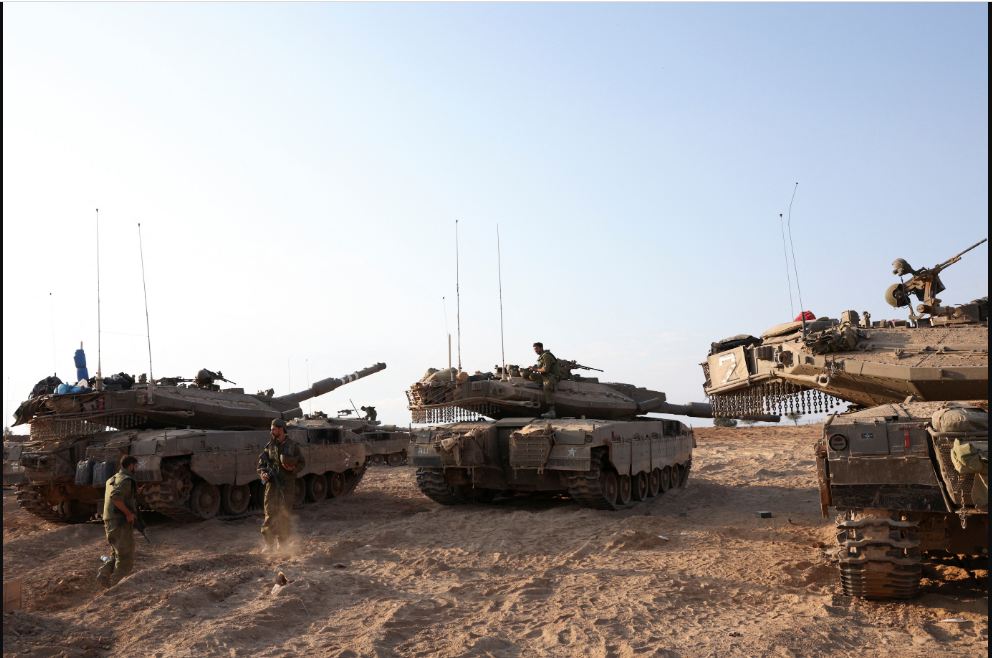Iran says it will quit global nuclear treaty if case goes to U.N.
Dubai (Reuters) – Iran said on Monday it could quit the global nuclear Non-Proliferation Treaty (NPT) if European countries refer it to the U.N. Security Council over a nuclear agreement, a move that would overturn diplomacy in its confrontation with the West.
The 1968 NPT has been the foundation of global nuclear arms control since the Cold War, including a 2015 deal Iran signed with world powers that offered it access to global trade in return for accepting curbs to its atomic programme.
The fate of the 2015 pact has been in doubt since U.S. President Donald Trump pulled the United States out of it and reimposed sanctions. Iran has responded by scaling back its commitments, although it says it wants the pact to survive.
Britain, France and Germany declared Iran in violation of the 2015 pact last week and have launched a dispute mechanism that could eventually see the matter referred back to the Security Council and the reimposition of U.N. sanctions.
“If the Europeans continue their improper behaviour or send Iran’s file to the Security Council, we will withdraw from the NPT,” Iranian Foreign Minister Javad Zarif said, according to comments carried by IRNA and other Iranian news agencies.
He also said Iran could take other steps before withdrawing from the NPT, although he did not specify them.
The nuclear dispute has been at the heart of an escalation between Washington and Tehran which blew up into military confrontation in recent weeks.
The 190-member NPT bans signatories other than the United States, Russia, China, Britain and France from acquiring nuclear weapons, in return for allowing them to pursue peaceful nuclear programmes for power generation, overseen by the United Nations.
The only country ever to declare its withdrawal from the NPT was North Korea, which expelled nuclear inspectors and openly tested atomic weapons. Nuclear-armed India and Pakistan never signed up, nor did Israel, which does not say whether it has nuclear weapons but is widely presumed to have them.
The West has long accused Iran of seeking to develop nuclear arms. Tehran denies this and says its goal is to master the whole process of generating electricity from nuclear energy.
A steady escalation over Iran’s nuclear plans flared into tit-for-tat military action this month, with Trump ordering a drone strike that killed a top Iranian general, prompting Iran to fire missiles at U.S. targets in Iraq. During a state of alert, Iran shot down a Ukrainian airliner in error.
Amid that escalation – one of the biggest since Iran’s 1979 revolution – Tehran has faced mounting pressure from European states which say they want to save the 2015 nuclear deal. They have also indicated a readiness to back Trump’s call for a broader deal with Iran that goes beyond its nuclear plans.



